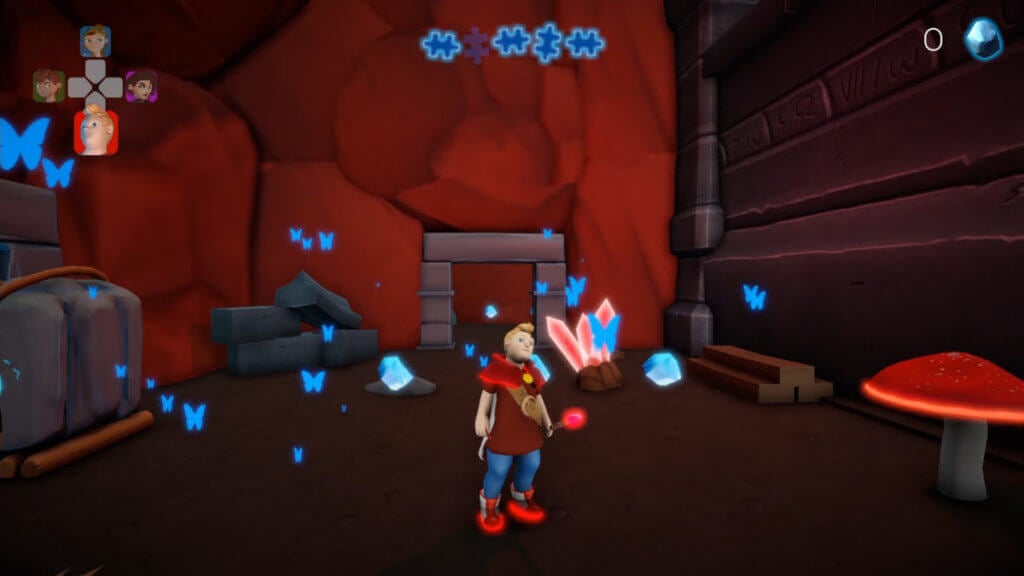This New PS4 Game Tries to Raise Autism Awareness – It Fails Miserably

Treasure Rangers is a new PS4 game that's supposed to raise awareness surrounding autism. Sadly, it uses outdated and offensive tropes. | Source: Relevo/PlayStation
- Treasure Rangers is a 3-D platformer for PlayStation 4 that features an autistic character.
- The game’s designer, Jon Cortazar, included the autistic character to help raise awareness for the condition, which his son has.
- Unfortunately, there are multiple problems with the imagery used in the game.
Autism awareness is a worthy cause. The condition affects many people around the world, including me. Despite being quite widespread, autism is shockingly misunderstood by the general public. Many don’t even realize that autism is so common, affecting 1 in 100 people in the UK alone.
Treasure Rangers is a new PS4 game made by the father of an autistic child. The game features a character who suffers from an ASD* (autistic spectrum disorder), and the developer hopes to use the game to raise awareness about autism.
That’s a commendable goal, but the depiction of that character reveals that too little care was taken to portray ASD accurately – or that someone goofed it up along the way.

Treasure Rangers Has Some Troubling Imagery for Autistic Players
I’m sure that the intention behind the game is a good one. After all, Jon Cortazar, the director of Treasure Rangers developer Relevo, has an autistic child. It is almost certain that he would take a fair-handed approach to autism in his game.
The problem is that the game contains – hopefully accidentally – troubling and outdated symbolism to depict autism.
https://www.youtube.com/watch?v=bxz1ytvYy7Y
For decades, autism was depicted using puzzle-piece symbolism. This was supposed to signify a “puzzling” condition, and at the time, it also featured the image of a crying child . This symbol was invented in the 1960s by the UK’s National Autistic Society , and the image, unfortunately, implied that autism was a terrible problem that children suffered from, rather than a neural difference between regular people.
Over the years, autistic people have rejected the puzzle piece as a symbol . Unfortunately, one major group, Autism Speaks, continued to use it. Not only that, but the group as a whole has proven to be pretty offensive to autistic people . To make matters worse, the puzzle piece in Treasure Rangers is blue, precisely the same as the one used by Autism Speaks.
This PS4 Game’s ASD Mishaps May Stem from a Misunderstanding
The truth of the matter is that this is almost certainly a misunderstanding.
Autism Speaks is a US organization, while the Treasure Rangers developer Relevo is Spanish . It is more than possible that the designers have no idea of the connection between autism, Autism Speaks, and the symbolism of the puzzle piece. It’s just an unhappy case of the wrong symbol being put into the wrong place.
After all, Treasure Rangers is a puzzle game. Having the players collect puzzle pieces makes a lot of sense. Just not when the developer writes a blog post talking about using the game to raise autism awareness . Since that is the goal of the game, or rather one of the goals, the puzzle piece element becomes problematic because it spreads outdated and offensive tropes.
*Note: Many psychologists prefer the acronym ASC (Autistic Spectrum Condition) these days, as it avoids referring to autism as a “disorder.”